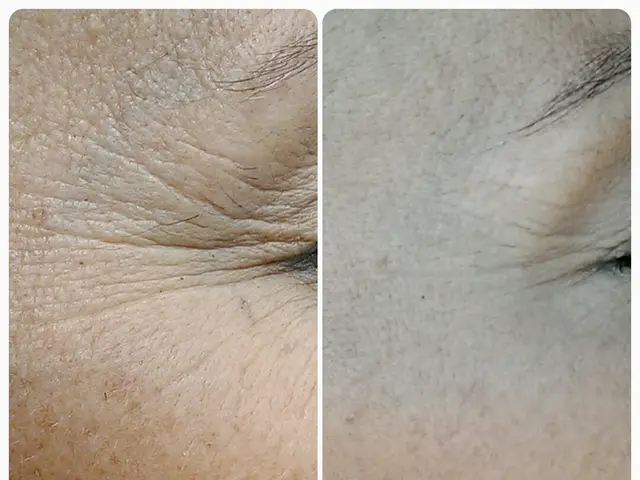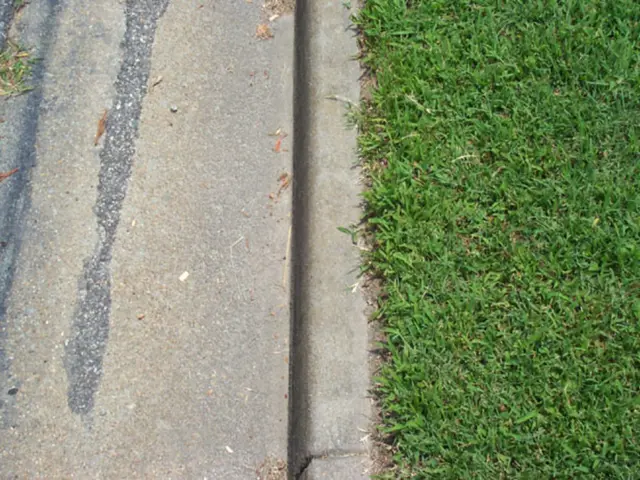MRSA Spread: Methods, Protection Strategies, and Additional Information
Chilling Out with MRSA: Methicillin-resistant Staphylococcus aureus (MRSA) hitching a ride on our bodies might not always mean trouble. But don't get too comfortable – it's like having a persistent, antibiotic-resistant houseguest!
Here's the gist: MRSA is a stealthy bacteria that loves to lounge around in our moist spots, like the nose, throat, groin, armpits, skin folds, and perineal area. Despite bunking with us, it might not cause any pesky symptoms, making it a secretive sneak!
But fear not, healthcare professionals, this silent hitchhiker can be quite the problem. Things get squirrelly when individuals carrying MRSA spread it to others, often in crowded healthcare settings. The big concern comes from MRSA's crafty ability to thwart many common antibiotics, such as methicillin, penicillin, amoxicillin, and oxacillin –– making treatment a real challenge!
That's not all; MRSA can travel via:
- close encounters with individuals sporting MRSA infections or colonization
- sharing unclean equipment or supplies
- good ol' environmental contamination in our humble abodes
Now, MRSA colonization can turn into an infection, especially when the immune system is a bit weak or there's an open wound. To keep this situation under control, stick to these hygiene hacks:
- wash your hands and give yourself a regular shower with antiseptic soap
- keep wounds clean and covered
- resist sharing towels, razors, clothing, and bedding
- give your laundry a good hot wash, then high heat dry
- scrub your surfaces clean often
In medical settings, healthcare professionals may do the MRSA shuffle, checking folks for these bacteria, especially those about to get sliced open for surgery. If they spot MRSA, they might prescribe some sweet-smelling creams, washes, and shampoos to help lower the population. You might have to use these for around 5 to 10 days.
It's essential to keep an eye out for signs of skin infection, particularly at cut or scraped areas. Here are some red flags:
- owies that hurt
- inflamed areas
- gooey pus
- swelling
- skin that feels warm to touch
By sticking to hygiene tips, we can lower the chances of MRSA colonization and infection. Ready for more on MRSA?
- Does MRSA ever just disappear on its own?
- Can chlorine blast out MRSA from our domain?
- Will I be a permanent carrier of MRSA bacteria?
- Can MRSA simply disappear on its own without treatment?
- In the realm of science, what role does chlorine play in eliminating MRSA from our living spaces?
- Given the persistence of MRSA in the body, is it possible for an individual to remain a permanent carrier of the bacteria?
- In health and wellness discussions, what is the significance of MRSA in terms of chronic diseases and multiple medical-conditions?








